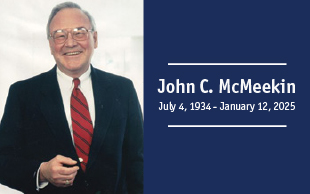“Health Promotion Council’s (HPC) core service is to provide health promotion and prevention services for underinsured and uninsured people. Healthcare reform expands coverage to 1.3 million Pennsylvanians who do not currently have insurance and to 683,000 residents who have non-group insurance who will now be able to attain affordable coverage through the health insurance exchange. One of the many provisions includes an essential benefit package comprising preventive services and chronic disease. Additionally, the legislation will include elimination of cost sharing for preventive care services in Medicare, as well as capping out-of-pocket expenses for low-income families. An example of how this will impact HPC’s efforts is that 2.2 million seniors will be able to access free-of-charge preventive care services. Seniors can now seek preventive services without making tough choices between health and other important life expenses.”
Executive Director, Health Promotion Council
“Health reform signals the beginning of a new era for nurse-led health care. The legislation defines “nurse-managed health clinic” in federal law for the first time and creates a new $50 million grant program to support these innovative safety net providers. This new grant funding will help ensure that nurse-managed health clinics—including PHMC's nurse-managed primary care centers—are able to continue to provide care to low-income and vulnerable communities for years to come.”
PHMC Health Connection, Clinical Director
“The Health Reform package offers enormous relief to working families who have been too poor to afford traditional insurance yet whose income was too high for Medicaid. States will now be able to cover adults up to 133% of the federal poverty level. For those of us who serve vulnerable populations, such as those who are homeless or living in marginal situations, there will be additional funding to add more clinicians, special services such as mental health, dental care or even funding to expand our health centers. We will be able to provide more services to a greater number of patients.”
Vice President, Specialized Health Services





